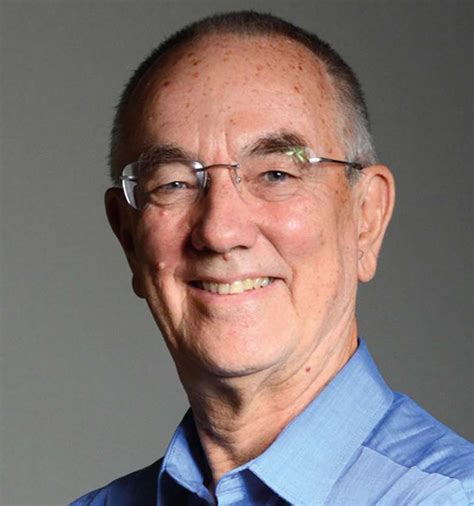A Quote by David Blunkett
In primary schools, I set two main objectives - to cut infant class sizes and improve literacy and numeracy.
Related Quotes
The treatment of children in Indian residential schools is a sad chapter in our history... Two primary objectives of the residential schools system were to remove and isolate children from the influence of their homes, families, traditions and cultures, and to assimilate them into the dominant culture.
Emotional 'literacy' implies an expanded responsibility for schools in helping to socialize children. This daunting task requires two major changes: that teachers go beyond their traditional mission and that people in the community become more involved with schools as both active participants in children's learning and as individual mentors.
It is fitting that the Government of the United States should assume the obligation of the establishment and maintenance of a first-class university for the education of colored menand I wish to put in this caveatthat the colored race today, all of them, would be better off if they all had university education.... Of course, the basis of education of the colored people is in the primary schools and in industrial schools.... In those schools must be introduced teachers from such university institutions as this.

































